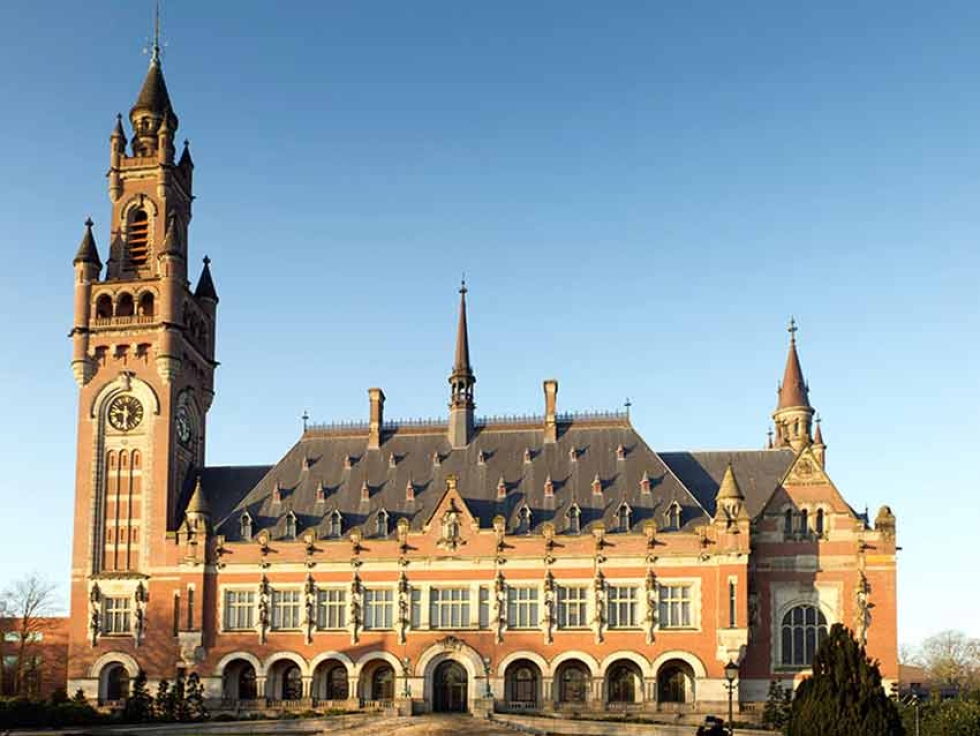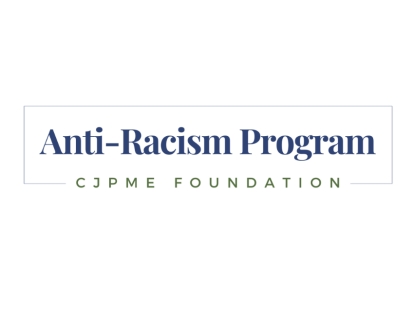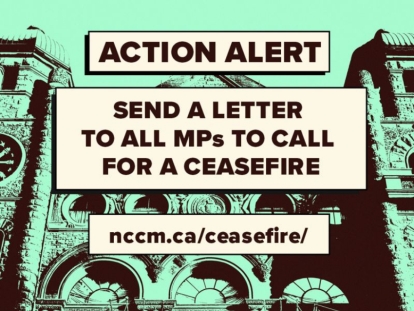 International Court of Justice (ICJ) in The Hague
International Court of Justice (ICJ) Website
International Court of Justice (ICJ) in The Hague
International Court of Justice (ICJ) Website
Aug
Canada’s Request for International Court of Justice to Drop Advisory Opinion on Israeli Annexation is Outrageous
Written by CJPMEMontreal, August 15, 2023
Canadians for Justice and Peace in the Middle East (CJPME) is alarmed to learn that the Canadian government has asked the International Court of Justice (ICJ) to drop an advisory opinion on the illegality of Israel’s occupation and annexation. Last December, the United Nations General Assembly (UNGA) voted 87-26 to request that the ICJ render an advisory opinion on the legal consequences of Israel’s “prolonged occupation, settlement and annexation” of Palestinian territory, with Canada voting in the minority against the resolution. In a letter dated July 14, 2023, which was obtained by CJPME, Canada has now formally asked the ICJ to “decline the request” from the UNGA.
“It is deeply hypocritical that Canada is intervening to try to block a legal opinion on Israel’s brutal occupation of the West Bank at the same time that Canada speaks forcefully against Russia’s occupation of Ukraine,” said Michael Bueckert, Vice President of CJPME. CJPME points out that Israel’s far-right government has taken numerous steps to entrench an illegal de facto annexation of Palestinian territory in the West Bank. “Canada has once again demonstrated that it is willing to deny access to justice for Palestinians in order to protect Israel from accountability,” added Bueckert.
In its letter to the ICJ, Canada admits that the court has the proper jurisdiction and competence to render an opinion, but argues that the ICJ should decline the UNGA’s request anyway on the grounds that Israel “has not provided consent for the ICJ to be seized of this matter.” Canada’s letter further argues that Israel’s occupation is not the “primary responsibility” of the General Assembly, but of the UN Security Council, “which has established a framework to allow for the resolution of the dispute through negotiations of the parties.” In response, CJPME points out that international law is not subordinate to the Security Council or any other UN body: violations of international law can be documented and condemned independently of international action to resolve disputes. CJPME also points out that deferring the matter to a “negotiations process” which has been inactive for almost 10 years is an affront to the legitimate grievances and human rights needs of the Palestinian people. CJPME argues that now, more than ever, international condemnation is needed to force Israel to end its human rights abuses against Palestinians.
As an example of the Trudeau government’s poor judgement on the matter, Canada’s opposition to an ICJ advisory opinion on Israel’s occupation and annexation coincides with shameless efforts by Israel to illegally consolidate its permanent control of the occupied Palestinian territory (OPT). Israel’s coalition of far-right parties has published a statement of guiding principles which states that the Jewish people have an “exclusive” right to “all parts of the Land of Israel,” and has undertaken a series of measures which are widely understood to amount to the annexation of the occupied West Bank. In March, Canada’s Ambassador to the United Nations Bob Rae admitted to a parliamentary committee that: “I have to express my own deep concern with respect to some [of Israel’s] activities that amount to de facto annexation. I think that's something we have to pay attention to as a government.” Despite these important concerns from an insider, Canada refuses to speak out against Israeli annexation and has gone so far as to try to dissuade the ICJ from speaking out.
The UNGA’s latest request for an ICJ advisory opinion followed a report by the UN’s Independent Commission of Inquiry which found that there are “reasonable grounds to conclude” that Israel’s occupation “is now unlawful under international law,” due to Israel's intent to permanently maintain the occupation and its actions to effectively annex parts of the land. In 2003 and 2004, Canada abstained on motions regarding an ICJ advisory opinion on the construction of Israel’s separation wall, which found the wall to be illegal and ordered it to be torn down.





